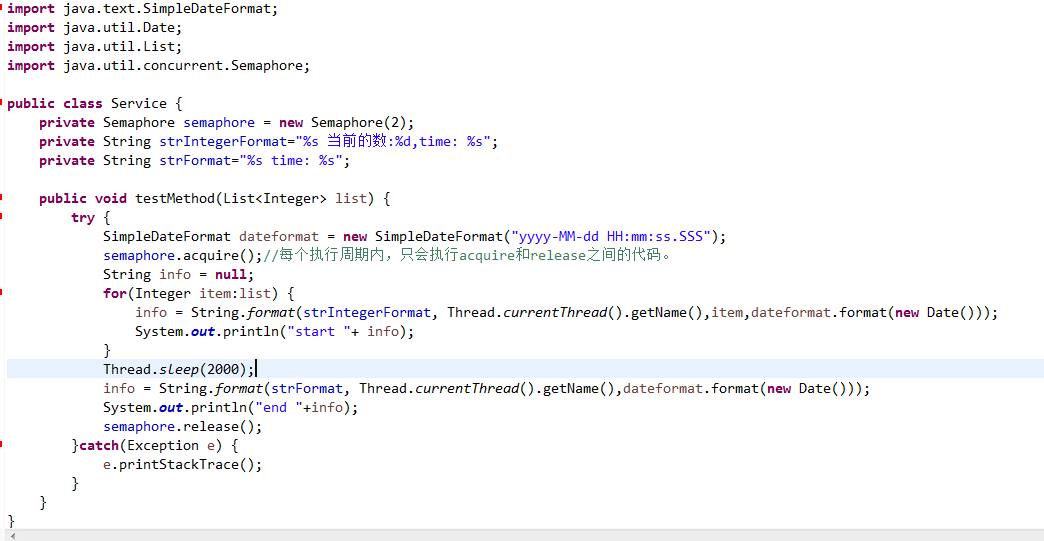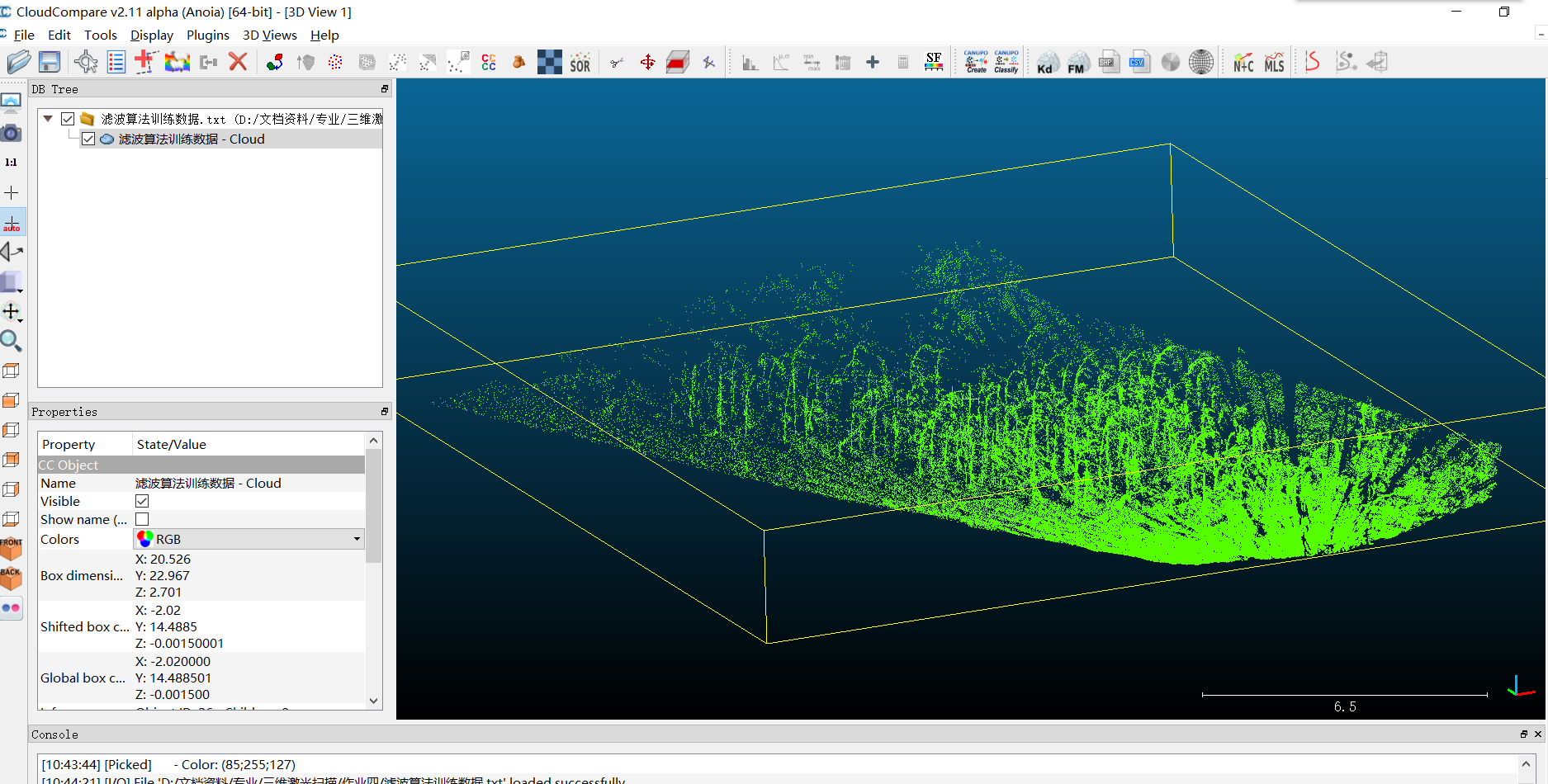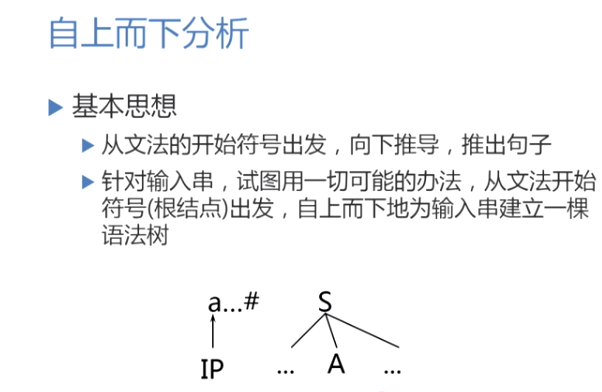Spring Cloud Eureka源码解析之Eureka Server启动流程(一)
通过在启动类上添加@EnableEurekaServer注解启用EurekaServer
@Target(ElementType.TYPE)@Retention(RetentionPolicy.RUNTIME)@Documented@Import(EurekaServerMarkerConfiguration.class)public @interface EnableEurekaServer {}
该注解引入了一个配置类EurekaServerMarkerConfiguration
@Configurationpublic class EurekaServerMarkerConfiguration {@Beanpublic Marker eurekaServerMarkerBean() {return new Marker();}class Marker {}}
看到就只建了一个空类,暂时不清楚干嘛用的,注解只能分析到这,接着看自动装配类
只有一个EurekaServerAutoConfiguration类
@Configuration@Import(EurekaServerInitializerConfiguration.class)@ConditionalOnBean(EurekaServerMarkerConfiguration.Marker.class)@EnableConfigurationProperties({ EurekaDashboardProperties.class,InstanceRegistryProperties.class })@PropertySource("classpath:/eureka/server.properties")public class EurekaServerAutoConfiguration extends WebMvcConfigurerAdapter {/** * List of packages containing Jersey resources required by the Eureka server */private static final String[] EUREKA_PACKAGES = new String[] { "com.netflix.discovery","com.netflix.eureka" };@Autowiredprivate ApplicationInfoManager applicationInfoManager;@Autowiredprivate EurekaServerConfig eurekaServerConfig;@Autowiredprivate EurekaClientConfig eurekaClientConfig;@Autowiredprivate EurekaClient eurekaClient;@Autowiredprivate InstanceRegistryProperties instanceRegistryProperties;public static final CloudJacksonJson JACKSON_JSON = new CloudJacksonJson();}
先看类上的注解
引入EurekaServerInitializerConfiguration类
@Configurationpublic class EurekaServerInitializerConfigurationimplements ServletContextAware, SmartLifecycle, Ordered {private static final Log log = LogFactory.getLog(EurekaServerInitializerConfiguration.class);@Autowiredprivate EurekaServerConfig eurekaServerConfig;private ServletContext servletContext;@Autowiredprivate ApplicationContext applicationContext;@Autowiredprivate EurekaServerBootstrap eurekaServerBootstrap;private boolean running;private int order = 1;@Overridepublic void setServletContext(ServletContext servletContext) {this.servletContext = servletContext;}@Overridepublic void start() {new Thread(new Runnable() {@Overridepublic void run() {try {// 初始化eurekaServerBootstrap.contextInitialized(EurekaServerInitializerConfiguration.this.servletContext);log.info("Started Eureka Server");// 发布相关事件publish(new EurekaRegistryAvailableEvent(getEurekaServerConfig()));EurekaServerInitializerConfiguration.this.running = true;publish(new EurekaServerStartedEvent(getEurekaServerConfig()));}catch (Exception ex) {// Help!log.error("Could not initialize Eureka servlet context", ex);}}}).start();}@Overridepublic void stop() {this.running = false;eurekaServerBootstrap.contextDestroyed(this.servletContext);}// 省略。。。}
该类实现了SmartLifecycle接口,说明在spring容器启动时会调用实现类的start方法
看下初始化方法
public void contextInitialized(ServletContext context) {try {// 初始化eureka环境initEurekaEnvironment();// 初始化eureka server上下文initEurekaServerContext();context.setAttribute(EurekaServerContext.class.getName(), this.serverContext);}catch (Throwable e) {log.error("Cannot bootstrap eureka server :", e);throw new RuntimeException("Cannot bootstrap eureka server :", e);}}
初始化eureka server上下文
protected void initEurekaServerContext() throws Exception {// For backward compatibilityJsonXStream.getInstance().registerConverter(new V1AwareInstanceInfoConverter(),XStream.PRIORITY_VERY_HIGH);XmlXStream.getInstance().registerConverter(new V1AwareInstanceInfoConverter(),XStream.PRIORITY_VERY_HIGH);if (isAws(this.applicationInfoManager.getInfo())) {this.awsBinder = new AwsBinderDelegate(this.eurekaServerConfig,this.eurekaClientConfig, this.registry, this.applicationInfoManager);this.awsBinder.start();}EurekaServerContextHolder.initialize(this.serverContext);log.info("Initialized server context");// 同步Eureka集群数据,从相邻的eureka节点复制注册表,registryCount是复制过来的实例数int registryCount = this.registry.syncUp();// 定期剔除租约过期实例的定时任务就是在这里开启的this.registry.openForTraffic(this.applicationInfoManager, registryCount);// Register all monitoring statistics.EurekaMonitors.registerAllStats();}
@ConditionalOnBean({Marker.class})
这里就看到前面@EnableEurekaServer注解的作用了,只有标注了该注解,该配置类才会执行,EurekaServer才会启动
@EnableConfigurationProperties({ EurekaDashboardProperties.class, InstanceRegistryProperties.class })
这个是引入两个类
@ConfigurationProperties("eureka.dashboard")public class EurekaDashboardProperties {/** * 控制台默认路径 */private String path = "/";/** * 是否开启控制台,默认是开启 */private boolean enabled = true;// setter getter...}
EurekaDashboardProperties就是两个关于控制台的配置
@ConfigurationProperties(PREFIX)public class InstanceRegistryProperties {public static final String PREFIX = "eureka.instance.registry";/* 期望的每分钟续约次数,默认是1 */@Value("${eureka.server.expectedNumberOfRenewsPerMin:1}") // for backwards compatibilityprivate int expectedNumberOfRenewsPerMin = 1;/** 默认打开的通信数量,默认1 */@Value("${eureka.server.defaultOpenForTrafficCount:1}") // for backwards compatibilityprivate int defaultOpenForTrafficCount = 1;// setter/getter...}
InstanceRegistryProperties就是关于服务注册的配置
@PropertySource(“classpath:/eureka/server.properties”)
只是一个配置
现在看看类中创建的几个bean
创建EurekaServer配置bean,包含了EurekaServer的默认属性配置
@Configurationprotected static class EurekaServerConfigBeanConfiguration {@Bean@ConditionalOnMissingBeanpublic EurekaServerConfig eurekaServerConfig(EurekaClientConfig clientConfig) {EurekaServerConfigBean server = new EurekaServerConfigBean();// 是否注册到集群中的其它server上if (clientConfig.shouldRegisterWithEureka()) {// Set a sensible default if we are supposed to replicateserver.setRegistrySyncRetries(5);}return server;}}
控制台的Controller
@Bean@ConditionalOnProperty(prefix = "eureka.dashboard", name = "enabled", matchIfMissing = true)public EurekaController eurekaController() {return new EurekaController(this.applicationInfoManager);}
设置Eureka的序列化工具
@Beanpublic ServerCodecs serverCodecs() {return new CloudServerCodecs(this.eurekaServerConfig);}
创建EurekaServerBootstrap,上面初始化时用到该类
@Beanpublic EurekaServerBootstrap eurekaServerBootstrap(PeerAwareInstanceRegistry registry,EurekaServerContext serverContext) {return new EurekaServerBootstrap(this.applicationInfoManager,this.eurekaClientConfig, this.eurekaServerConfig, registry,serverContext);}
创建jersey相关类,注册一个过滤器,跟接收客户端请求有关
@Beanpublic FilterRegistrationBean jerseyFilterRegistration(javax.ws.rs.core.Application eurekaJerseyApp) {FilterRegistrationBean bean = new FilterRegistrationBean();// 设置过滤器bean.setFilter(new ServletContainer(eurekaJerseyApp));bean.setOrder(Ordered.LOWEST_PRECEDENCE);// 设置拦截路径,这里是/eureka/*bean.setUrlPatterns(Collections.singletonList(EurekaConstants.DEFAULT_PREFIX + "/*"));return bean;}@Beanpublic javax.ws.rs.core.Application jerseyApplication(Environment environment,ResourceLoader resourceLoader) {ClassPathScanningCandidateComponentProvider provider = new ClassPathScanningCandidateComponentProvider(false, environment);// Filter to include only classes that have a particular annotation.//provider.addIncludeFilter(new AnnotationTypeFilter(Path.class));provider.addIncludeFilter(new AnnotationTypeFilter(Provider.class));// Find classes in Eureka packages (or subpackages)//Set<Class<?>> classes = new HashSet<>();for (String basePackage : EUREKA_PACKAGES) {Set<BeanDefinition> beans = provider.findCandidateComponents(basePackage);for (BeanDefinition bd : beans) {Class<?> cls = ClassUtils.resolveClassName(bd.getBeanClassName(),resourceLoader.getClassLoader());classes.add(cls);}}// Construct the Jersey ResourceConfig//Map<String, Object> propsAndFeatures = new HashMap<>();propsAndFeatures.put(// Skip static content used by the webappServletContainer.PROPERTY_WEB_PAGE_CONTENT_REGEX,EurekaConstants.DEFAULT_PREFIX + "/(fonts|images|css|js)/.*");DefaultResourceConfig rc = new DefaultResourceConfig(classes);rc.setPropertiesAndFeatures(propsAndFeatures);return rc;}
jerseyApplication 方法,在容器中存放了一个jerseyApplication对象,jerseyApplication()方法里的东西和Spring源码里扫描@Component逻辑类似,扫描@Path和@Provider标签,然后封装成beandefinition,封装到Application的set容器里。通过filter过滤器来过滤url进行映射到对象的Controller



































还没有评论,来说两句吧...